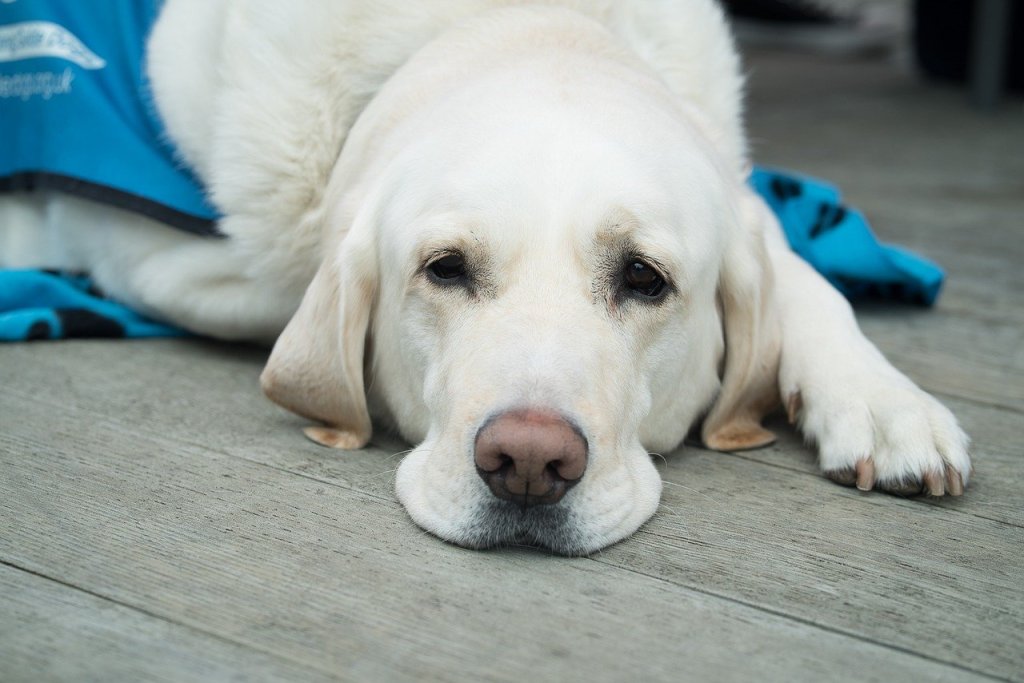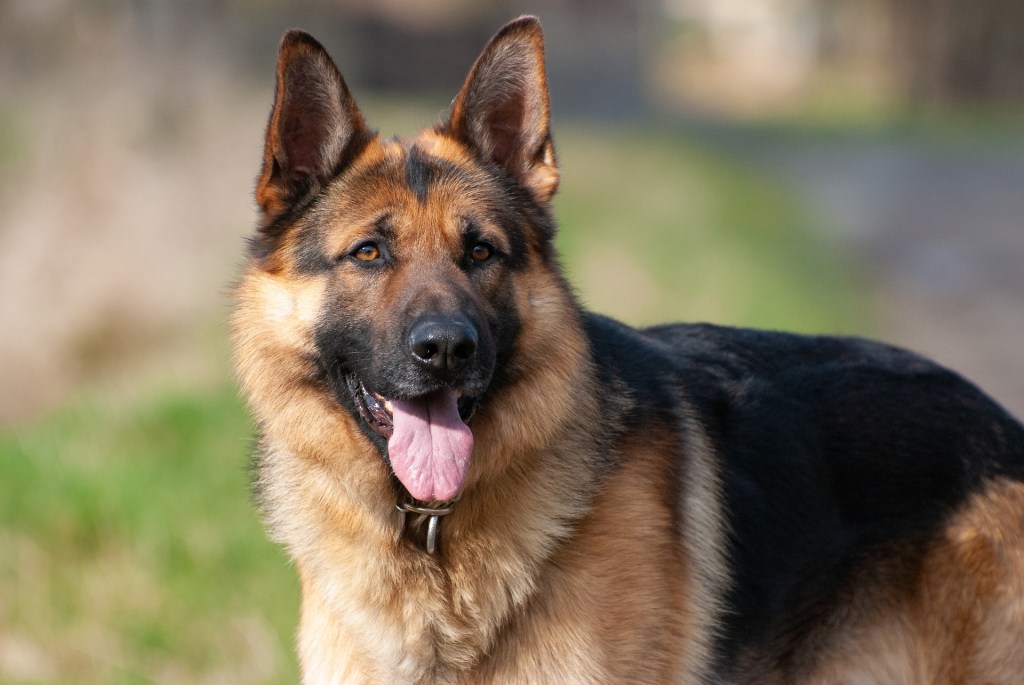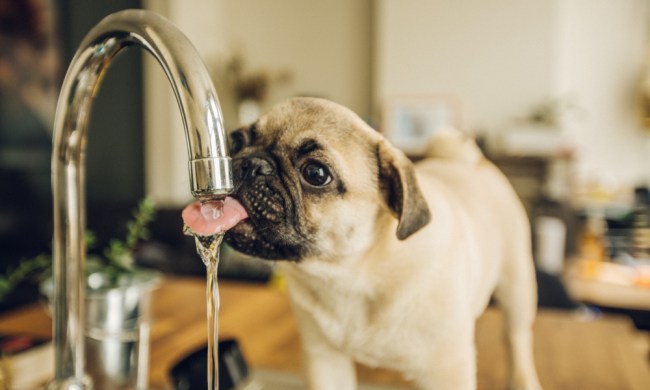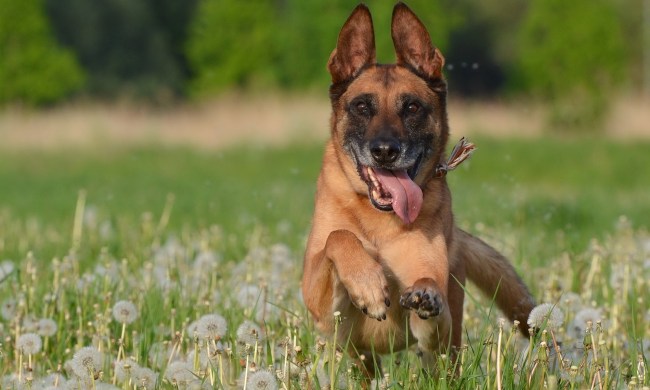Guide dogs accomplish amazing feats. They help keep their handlers safe, willingly go to work each day, and give their handlers a sense of independence. But it’s not easy to find a dog that will make a great guide dog. The selection process often starts by choosing one of the most popular guide dog breeds, but there’s a lot of training that goes into the process too, and not all dogs go on to have careers as guide dogs. Whether you’re waiting to be matched with your first guide dog or want to adopt or buy a dog with the same characteristics that make so many guide dogs successful, it’s important to understand just what goes into preparing a dog for this interesting career.

What breed of dog is used for guide dogs?
VCA Hospitals explains that while German shepherds were most often used as service dogs early on, many breeds serve as guide dogs today. Breeds like boxers, border collies, labradors, golden retrievers, standard poodles, collies, and Dobermans all tend to work well as guide dogs because of their size. Some mixes, like the standard poodle and labrador, are desirable because they don’t shed much, but they still have an ideal height to work as a guide dog.
Keep in mind that in addition to good breeding, a dog needs to have an ideal temperament, energy level, and walking stride to be able to do guide work well.
If you’re looking for a guide dog, you might not be able to select your dog on your own. According to the American Kennel Club, nonprofits carefully pair guide dogs with their handlers. These nonprofits consider everything from your lifestyle to your hobbies, your family, your living arrangements, and other pets that are present in the home to help ensure that the dog you’re matched with is a good fit. Then you will spend many hours training with your guide dog to develop a working relationship.
A handler needs to build a strong relationship with the guide dog for the dog to work at full potential. That’s why it’s so important to carefully pair dogs with handlers to help support that powerful bond.
How big should a guide dog be?
According to VCA Hospitals, there isn’t one perfect size for a guide dog; rather, it’s important that the dog be appropriately sized and matched with its handler. The handler must be comfortable with the dog’s height and the length of the harness; a dog that’s too small or too large will be a difficult fit for the handler.
Breeds like golden retrievers and labrador retrievers are highly popular because of their size range. Crossbreeds like the golden retriever and labrador mix also tend to work well because of their size.
Do guide dogs make good pets?
Guide dogs undergo rigorous training, but some dogs don’t make the final cut. The dogs start with obedience training and about a year of specialized schooling, reports Quartz. The cost of breeding and training a guide dog can surpass $50,000.
But after all that training, some dogs just aren’t ready for a career as a guide dog. When they’re identified early on in the training process, these dogs can be rehomed as pets. If you adopt a dog who started guide dog training, you’ll be getting a dog with, at a minimum, some decent obedience training, and you’ll likely end up with a great pet.

Choosing your next dog
If you’re not specifically looking for a guide dog but you still want a dog that makes a great pet, any of the breeds that are often used as guide dogs would make a great choice. Be sure to research each breed thoroughly so you understand its characteristics and tendencies. That way, you can make sure that you’re making the choice that’s right for you, your family, and your new dog.
When you’re ready to bring home a guide dog, it’s also important to research the source that you’re getting the dog from. Adopting from a rescue can be rewarding, and if you choose to buy from a breeder, make sure that you’re choosing a reputable breeder who stands behind their dogs. Look for a breeder who does genetic testing on their dogs and who’s willing to take dogs back if they should ever need a home again in the future. A good breeder will be selective about homes, just like a good shelter or rescue will be. Be sure to openly discuss what you’re looking for in a dog, what your lifestyle is like, and any concerns you have so the breeder or rescue can match you with a dog that’s just the right fit.


